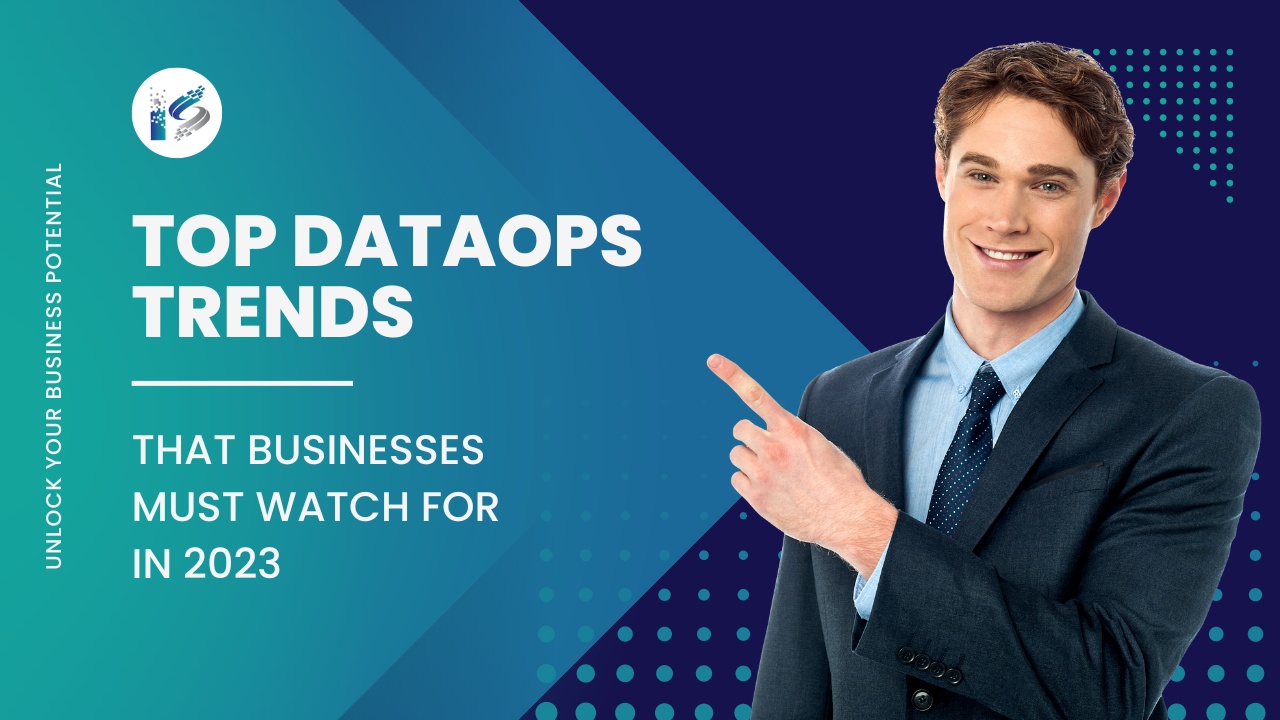We have organizations that feel the need of the accessing & governing that data that is supplied in the analytics engine & machine learning. And DataOps is always rising in such organizations. Just like DevOps, DataOps is also about providing something for production, in the case of DevOps it’s code, in the case of DataOps it’s Data. In the recent years, organizations asked fewer questions about what DataOps is, because the general definition of the data is quite understood. However, the less obvious questions must have been the business value it delivers, especially if organizations are approaching DataOps as another technology to implement.
Data development efforts
Today, we have a lot of tools, systems, and technologies available but the real challenge lies in finding the set that exactly matches your organizational needs. Another important point is getting the right people; organizations will have to create a data-first mindset and then get the right people on board. One important thing to note here is that DataOps don’t just ensure the availability of the data, it also ensures timely delivery of the data, and that it’s properly governed. The DataOps teams must focus on optimizing & simplifying current data pipelines & put their people, design, architecture, patterns, and best practices into the data development efforts.
What's falling through the data cracks
Many DataOps teams are enabling robust data pipelines to create tangible business value while others are still finding it hard to get it right. Data & AI projects are very slow in progressing from ideation to realization. There’s usually no other methodologies for the businesses to follow but to load the data into an existing data lake & figure out how to find, filter, cleanse, and leverage that data. In the meantime, IT departments are usually backed up with top priority operational requests, so the organizations may leverage their own staff to complete the work without a clear path to completion.
A second problem is that some organizations don’t understand the value of the DataOps, so they don’t have the budget & staff required to succeed. Some common problems faced by the enterprises are no classification of critical data elements, no single trusted inventory of available data assets, and minimal or inconsistent data definitions. Organizations lack the standard, discipline, methodology, or consistency for developing & operationalizing data & AI assets.
DataOps drives positive business value
The DataOps principles give the assurance that there is an accurate, up-to-date inventory of all the data & AI-related assets & processes, and any new project must stand up to the standards and update that inventory accordingly. Data engineers that build the data pipeline must get the support of other roles to create business value, which could be a combination of chief analytical officer, a chief data officer, a chief digital officer, data scientists, and data architects.
The question is how does it integrate with your existing systems & how do you match the technology KPIs with the business KPIs. Technology KPIs includes system downtime, the number of tickets raised, and how swiftly the system was brought in. The business KPIs include are people actually using the system and is it reducing time & cost. Therefore, in short we can say, DataOps bridges the gap between having the data available in the first place & driving positive business value with it.
Improve the Communication, Integration & Automation of data flow across your Organization
Calculate your DataOps ROI
Future DataOps trends
It has been noticed that the most mature of the DataOps teams follow a DevOps mindset where they seek continuous improvement involving many processes & practices. Even though data pipelines speed up data access & ensure working with data more reliable, they cannot be counted as set-and-forget assets even if they are automating some tasks. Pipeline performance can be hampered if the system interconnectivity is brittle, the data is not delivered in the timely manner, or a necessary resource fails or changes.
It is seen that many data, analytics, and AI projects fail because operationalization is considered as an afterthought. The teams should tell about the business value of the DataOps to the organizations, and they should be also monitoring the new enhancements projects to make sure that DataOps is an integral part of the development.
Some of the skillsets that organizations must develop are:
- Get a hold over cloud-native technologies and platforms.
- They must know about the new products and product improvements.
- Learn skills in data and AI-related agile SDLC methodologies, development, and integration frameworks.
- Learn about reuse and automation.
- Use collaborative data development tools that allows them to work with more effectiveness with data architects, data engineers, and data scientists.
DataOps teams must possess some of the skills that DevOps teams already have, and that is the reason why developers can be considered as prime data engineering candidates. Just like DevOps, DataOps also need to ensure that quality product is delivered in the timely manner, that is using data for analytics & training data for machine learning. ISmile Technologies provides seamless DataOps managed services for your entire data pipeline. Our scalable multi-cloud solutions help organizations accelerate their journey to the AI-powered automation & improve data quality to enable far-reaching business potential of AI & ML. Schedule a free assessment today.








